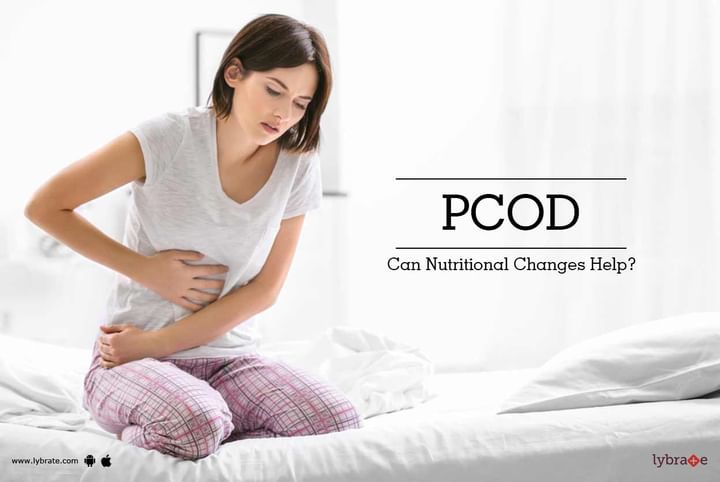PCOD - Can Nutritional Changes Help?
Polycystic ovarian disease (PCOD) or syndrome (PCOS) is a condition where there are multiple cysts in the ovaries and as a result there are several symptoms in various body parts. One of the significant things to note is that there is a strong correlation between diet and PCOD/PCOS. Read on to understand some of the common symptoms of PCOD and also some nutritional do’s and don’t’s.
Symptoms: Understanding symptoms of PCOS helps in planning a diet in a more rational manner.
- The excessively produced male hormone (androgen) in the body promotes weight gain around the belly area. This needs to be controlled or else, can lead to increased cholesterol, diabetes, hypertension, and heart disease.
- Skin problems such as acne
- Increased insulin resistance, leading to increased sugar levels
- Hirsutism (excessive hair growth)
- Male pattern baldness
While not every problem associated with PCOD can be managed through diet, nutrition changes in a woman can have a significant effect on the overall health and well-being. Some common dietary changes to make when diagnosed with PCOD are listed below.
Higher levels of insulin make the body produce more androgens. PCOD women often have higher levels of insulin, meaning high androgen level, which increases their weight (builds muscle mass). Therefore, to control the level of insulin, high fiber diet like greens, nuts, berries, pumpkin, almonds, whole grains, etc. should be included. These ensure that digestion process is prolonged and blood sugar levels do not rise rapidly.
- Protein-rich food items like tofu, soya, and chicken are also highly beneficial for PCOD women. They do not contain fiber, but provide a full feeling and help in avoiding binge eating. They also do not pack in calories and are helpful in weight management.
- Food items which are generally anti-inflammatory including tomatoes, spinach, olive oil, fruits, and Omega-3 fatty acids are highly beneficial in controlling cholesterol and heart disease.
- Eat good fat. Reduce trans and saturated fats, increase unsaturated fats. Use vegetable and nuts oils to get these benefits.
What to avoid: Anything that can lead to increased sugar levels should be reduced.
- Avoid whites, such as pasta, rice, and bread which are made of refined flour and have absolutely no fiber content.
- Baked and processed foods should be avoided.
- Curb your intake of candies, chocolates, snacks, which are just calories and are of no nutritional value.
- Avoid salty snacks, which again are just calories and not beneficial.
- Do not consume aerated drinks and soda, which are just laden with sugar.
A diet rich in protein, N3 PUFA And MUFA can help reduce inflammation and control diabetes, heart disease, and hypertension. All these are a result of chronic inflammation and can be managed through this approach as also reverse PCOD and its complications. If you wish to discuss about any specific problem, you can consult a Dietitian/Nutritionist.



+1.svg)
